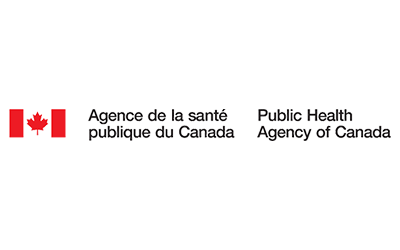No. Introducing the main food allergens into the baby’s diet can be done at the same time as all other foods, even if the baby seems more prone to developing allergies.
When to introduce allergenic foods
Despite what was once recommended, studies have yet to prove that introducing allergenic foods later in life is beneficial. On the contrary, studies support that exposing infants to allergenic foods between the age of 4 and 6 months may reduce the risk of allergy.
Therefore, it is safe to offer food allergens as soon as complementary foods are introduced. Remember that cow’s milk should not be introduced before the age of 9 to12 months, regardless of the risk of a food allergy. If the risk of an allergic reaction is elevated, special precautions should be taken before introducing allergens, such as an evaluation by an allergist. Specific recommendations exist for the prevention of a peanut allergy. If unsure, it is best to contact a physician.
What to do in the case of an allergic reaction?
If an allergic reaction occurs with the introduction of a food, it should immediately be discontinued and medical attention should be quickly consulted. The allergic reaction can be immediate or delayed and the signs may vary from one child to another. When a new food is introduced, it is important to monitor the child in the hours following the meal. It is also advisable to become familiar with the signs of an allergic reaction and what to do before introducing allergens.
Disclaimer
These are general recommendations; it is important to individualize the introduction of foods, especially for children with atopy (eczema, asthma, allergic rhinitis, etc.) In certain cases, a follow-up by a dietitian and/or allergist may be necessary.
The foods on the list of priority food allergens (according to Canadian guidelines) are peanuts, wheat, fish, shellfish (crustaceans, mollusks), sesame, milk, nuts, eggs, soy, sulfites and mustard.






